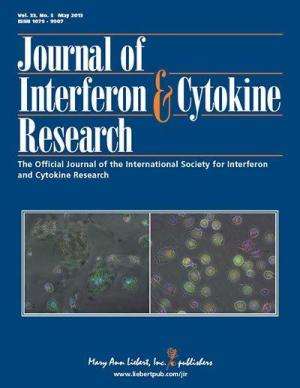What is the role of double-stranded RNA in antiviral host defense systems?

Animals, insects, and plants use a variety of sensing mechanisms to detect invading pathogens such as viruses. One complex and effective antiviral defense system they share is based on recognition of double-stranded RNA (dsRNA), often produced when a virus invades a host cell. New information leading to a clearer understanding of the mechanisms underlying viral dsRNA sensing is presented in a comprehensive Review article published in Journal of Interferon & Cytokine Research.
Isaque João da Silva de Faria and coauthors from Universidade Federal de Minas Gerais, Belo Horizonte, Brazil, describe two families of sensors that share a region with high specificity for viral dsRNA. In the article "dsRNA Sensing During Viral Infection: Lessons from Plants, Worms, Insects and Mammals" they explain that while this shared region is necessary for dsRNA recognition, it is not sufficient. The authors review recent studies that have identified novel components of these antiviral recognition systems that contribute to their complexity and effectiveness in protecting hosts against viral infection.
"While dsRNA has long been recognized as a product of viral infection, the understanding of cellular mechanisms for its recognition and for subsequent response has increased dramatically in recent years. This review addresses the impact of this new information," says Co-Editor-in-Chief Thomas A. Hamilton, PhD, Chairman, Department of Immunology, Cleveland Clinic Foundation.
More information: The article is available free online on the Journal of Interferon & Cytokine Research website.
















